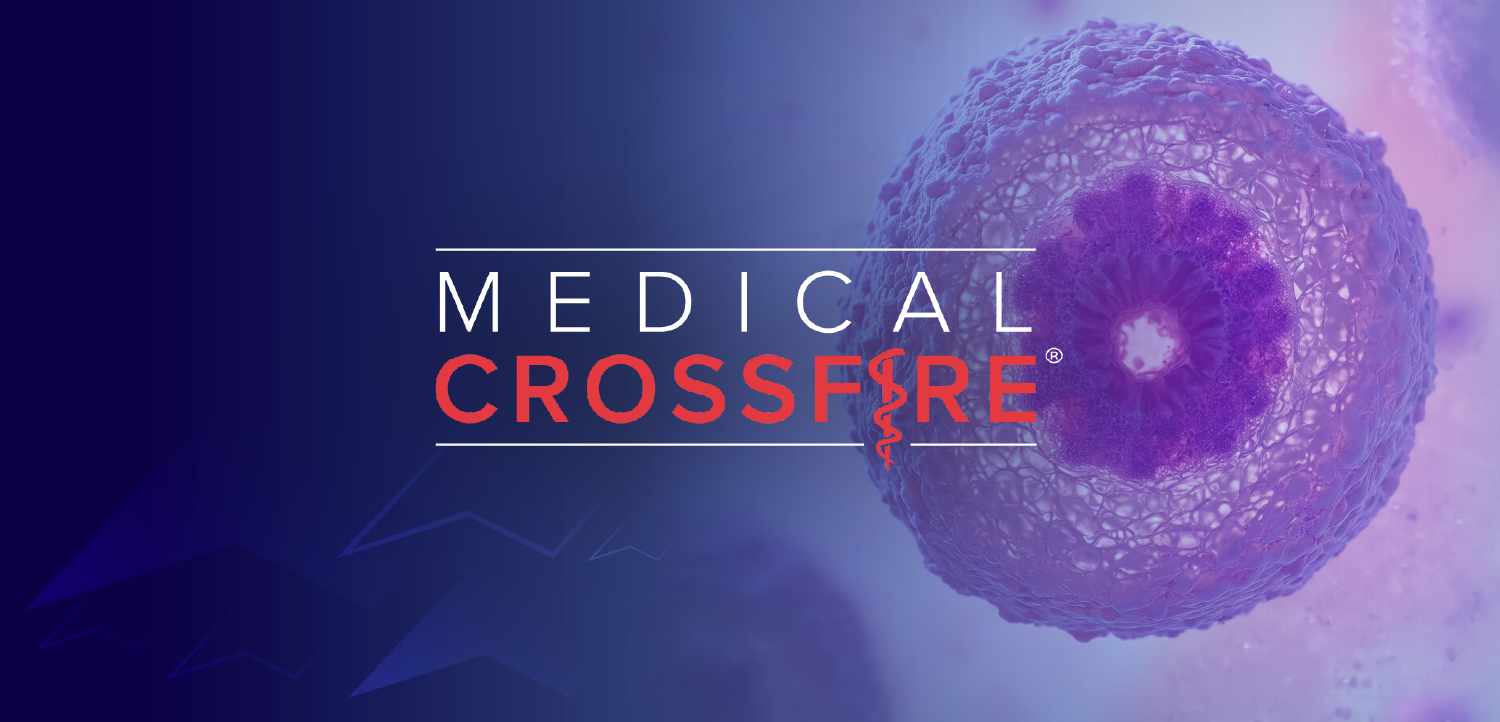
Ovarian Cancer Outcomes: Study Suggests Possible Impacts of Diabetes, Hypertension
A recent study has found correlations between common comorbidities (hypertension, heart disease, diabetes, etc) and ovarian cancer.
Kirsten B. Moysich, PhD, MS
A recent study has uncovered possible correlations between common comorbidities, like hypertension, heart disease, and diabetes with a woman’s prognosis after being diagnosed with ovarian cancer, a finding researcher hope may be able to be used in the future to better guide treatment—and improve outcomes—for women with the disease.
The study examined associations between a history of hypertension, heart disease, diabetes, and medications for these conditions and the overall survival (OS) and progression-free survival (PFS) in patients with invasive epithelial ovarian cancer. Data were pooled from 15 studies participating in the Ovarian Cancer Association Consortium.
The findings suggest that a history of diabetes (7674 patients) was associated with an increased risk of death from ovarian cancer, although that was not the case for mortality associations found with hypertension (6482 patients) or heart disease (4252 patients).
“Diabetes is a condition characterized by increased exposure to hyperinsulinemia and hyperglycemia, which can promote growth of tumor cells and activation of certain genetic pathways leading to cancer progression. Perhaps these mechanisms are underlying the associations for diabetes we observed in our study,” study author Kirsten B. Moysich, PhD, MS, professor at Roswell Park Cancer Institute and the University at Buffalo, said in an interview with Oncology Nursing News.
One possible explanation behind the correlation between diabetes and lower OS is that hyperinsulinemia, which is common in older people who have diabetes, may lead to the activation of the Ras-MAPK and PI3K—mTOR pathways. These pathways can play a role in tumor cell proliferation and, ultimately, the cancer’s progression. Also, hyperglycemia may promote tumor growth by giving the cancer cells glucose as a source of energy.
“This finding is particularly important in the context of a growing number of individuals with diabetes,” Albina Minlikeeva, PhD, MPH, of Roswell Park’s Department of Cancer Prevention and Control and an author on the study. She added that it is important for clinicians to be aware if their patients have diabetes and that they may be at increased risk for death.
When it came to hypertension’s correlation to mortality, however, the researchers said that they were surprised to see an inverse association.
Further, the medications that are used to treat these conditions can also play a role in ovarian cancer survival.
Use of beta blockers, oral antidiabetic medication, and insulin were associated with increased mortality, and the use of diuretics was inversely associated with mortality, the study found.
“Most likely, use of antihypertensive medications, such as diuretics, ACE inhibitors, and calcium channel blockers, could explain our results in relation to hypertension. This is consistent with recent findings that ovarian cancer patients who took nonselective beta-blockers lived longer after their diagnosis,” Minlikeeva said.
Understanding a patient’s complete medical makeup—not just their cancer—may 1 day lead the breakthroughs that are much needed for this group of patients.
“More importantly, integration of the full clinical profile for ovarian cancer patients may be essential in understanding the factors related to their overall morbidity and mortality,” study authors note.
But for now, they say that more research is needed, in both the preclinical and clinical settings to confirm the speculations.
“We are planning on conducting more research investigating the role of various comorbidities and medications in relation to ovarian cancer and risk prognosis,” Minlikeeva said.
Minlikeeva AN, Freudenheim JL, Cannioto RA, et al. History of hypertension, heart disease, and diabetes and ovarian cancer patient survival: evidence from the ovarian cancer association consortium. Cancer Causes Control. 2017;28(5):469-486.
Newsletter
Knowledge is power. Don’t miss the most recent breakthroughs in cancer care.
















































































